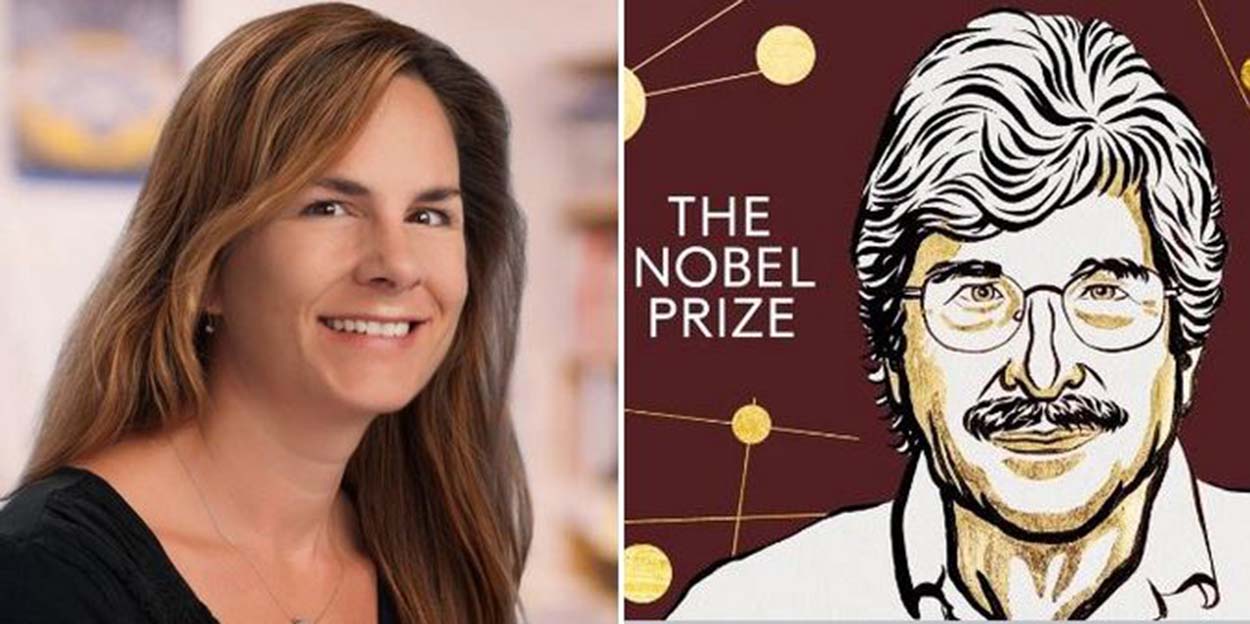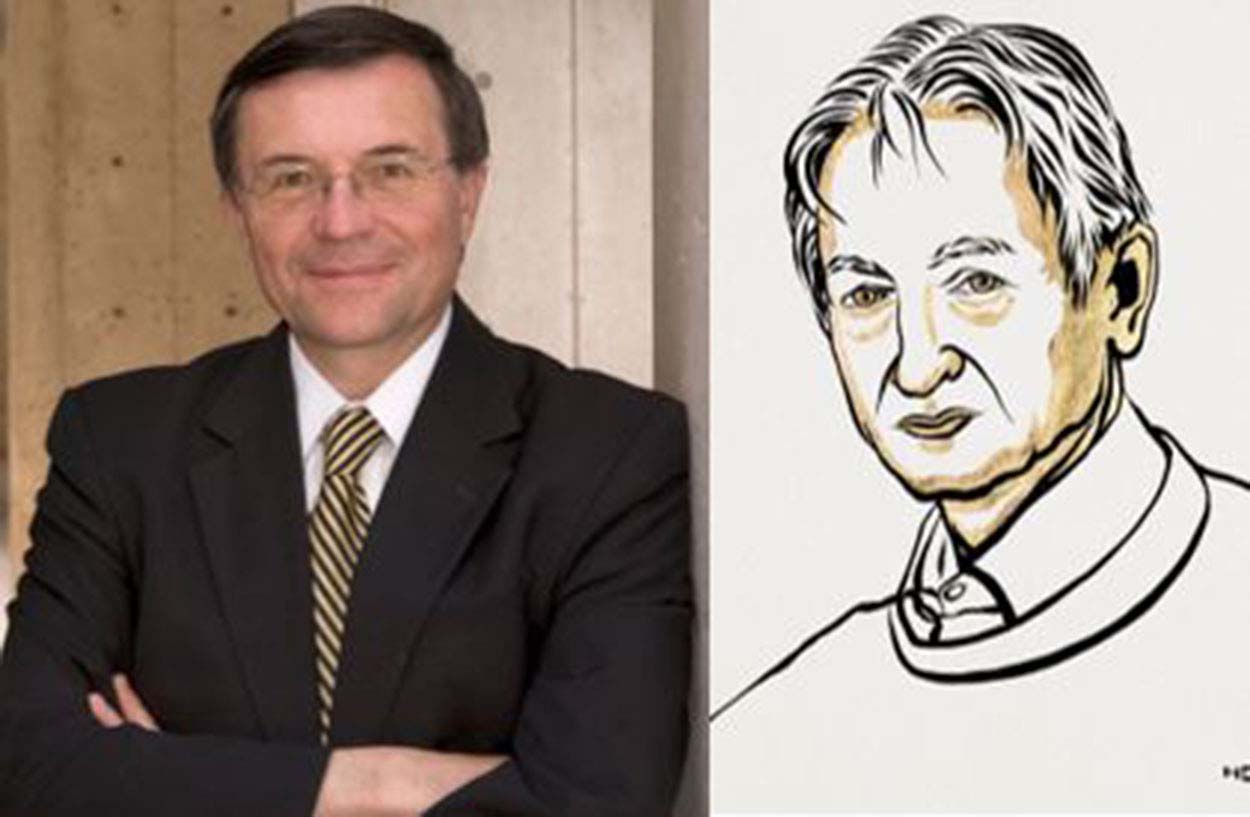BioSci Scientists Contribute to 2024 Nobel Prize-Winning Research
Amy Pasquinelli and Terrence Sejnowski played foundational roles in globally recognized achievements
October 30, 2024
By Mario Aguilera

Behind the accolades of the 2024 Nobel Prizes in Physiology/Medicine and Physics were two UC San Diego School of Biological Sciences researchers who played foundational roles in the globally recognized scientific achievements.
Harvard Medical School scientist Gary Ruvkun was recognized as co-recipient of the Nobel Prize in Physiology or Medicine for his contributions to the discovery of microRNAs, tiny RNAs that regulate gene expression across organisms.
BioSci Professor Amy Pasquinelli of the Department of Molecular Biology worked as a postdoctoral researcher in Ruvkun’s lab and was first author on a key paper reporting that the second discovered microRNA in roundworms is also present in humans and likely all animals in between. See Pasquinelli et al under Key Publications in the Nobel Prize announcement.

Separately, Department of Neurobiology and Salk Institute Distinguished Professor Terrence Sejnowski was recognized as an early collaborator with Geoffrey Hinton, the “godfather of AI,” who was honored with the Nobel Prize in Physics for his groundbreaking research on artificial intelligence.
Hinton’s work on Boltzmann machines — a type of neural network drawn from a concept in physics specifically cited by the Nobel Prize committee in making the award — was co-developed with Sejnowski. One influential joint paper by Hinton and Sejnowski, with David Ackley, was “A Learning Algorithm for Boltzmann Machines” published in Cognitive Science in 1985.
Boltzmann machines introduced probabilistic approaches to understanding learning and memory, influencing AI models’ ability to learn patterns and relationships in complex data.
“John Hopfield and Geoffrey Hinton were awarded the recent Nobel Prize in Physics for the development of learning algorithms for neural network models in the 1980s. This prize also recognizes the community of researchers that built on their advances over the last 40 years,” said Sejnowski. “The practical applications today in AI had to wait until vastly more computer power and training data to became available.”
With information from Inga Kiderra’s UC San Diego Today article
